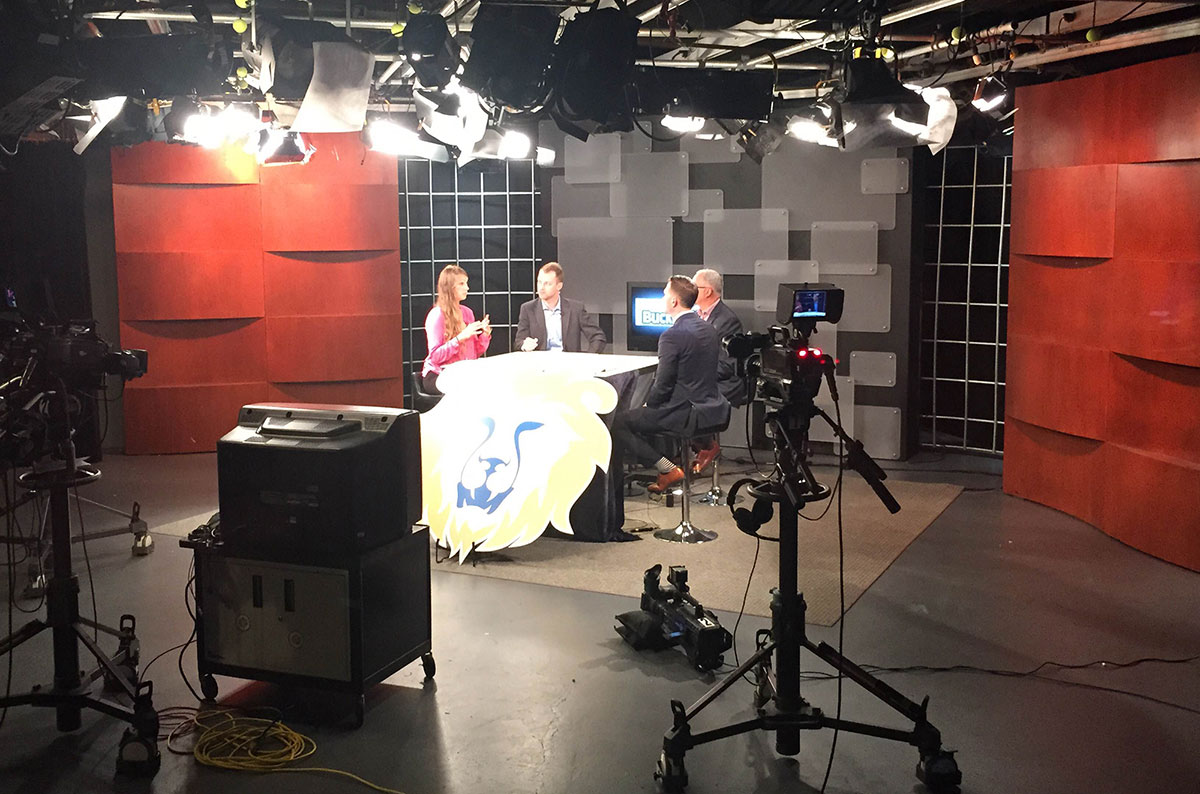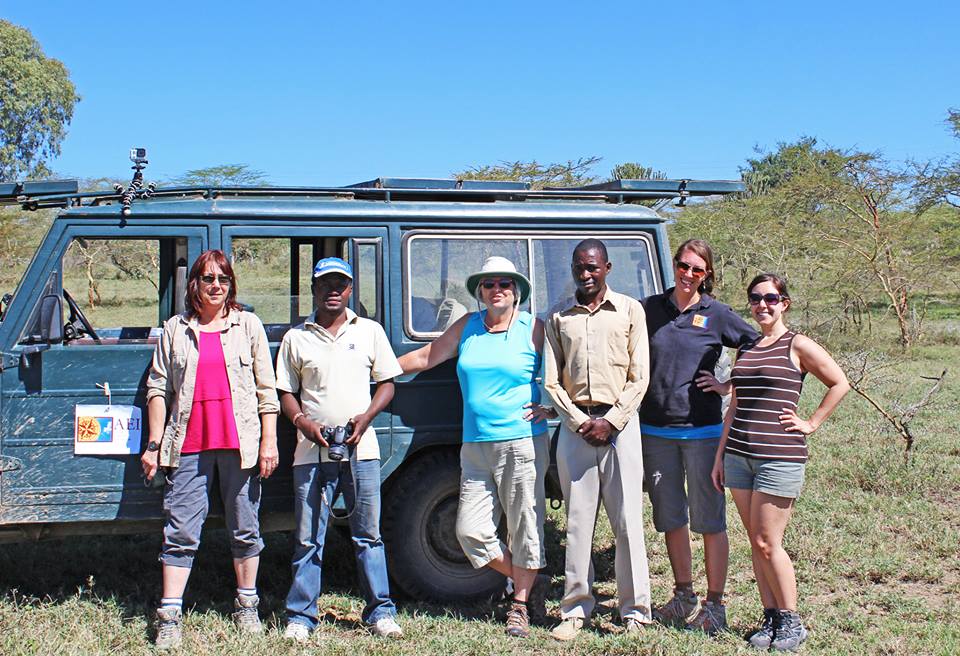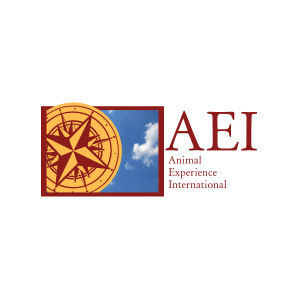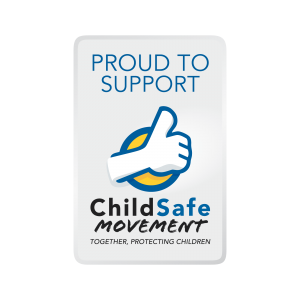Child welfare in any voluntourism experience
ChildSafe story from Animal Experience International.
There is an old saying in the entertainment business that states ‘never work with animals and children.’ Presumably lumped together as ‘difficult’ entities, what this does highlight are the similarities in how these disparate groups are treated. As the travel industry, for example, comes to address more directly it’s potential for negative impact upon environments and eco-structures, we at ChildSafe have found ourselves sharing panels at industry events sandwiched between tiger and elephant conservationists arguing that children also need to be considered as potentially ‘endangered’ in current practice through misguided good intentions of travelers. What follows is a great example of how there is a deeper connection at work here, in relation to the work of volunteers, and a recognition that a ChildSafe environment is perhaps a much wider environment in both physical and intellectual terms than it may at first seem.
As voluntourism takes to the global stage as one of the fastest growing tourism trends, it’s important the industry and prospective volunteers keep a wide view on the topic remembering that all volunteer placements can have either positive or negative impacts on children. Even if the volunteer is not in a position of direct care, such as teaching or child care, they will inevitably interact with the children in the communities they are volunteering in and may encounter other opportunities to volunteer with children, particularly in Asia, Latin America and Africa. Similarly, placement providers and booking agents have the opportunity to cross check placements against human rights standards to support local youth and child development.
Canadian-based animal volunteering social enterprise Animal Experience International (AEI) recognized that their animal-based placements did not exist in isolation of children and became a ChildSafe Supporting Business in 2017.
Established in 2012 AEI is a B Corp registered company providing 26 different programs in 14 different countries. Ethical volunteering is a core requirement for them. They conduct onsite initial assessments and monitoring with all placement partners to ensure placements have a high standard of animal welfare, are ethical, safe for volunteers, supported by the local community and are authentic. Similarly volunteers are matched to placements following their qualifications and skills.
Co-founder and Volunteer Coordinator Nora Livingstone says volunteers are either veterinary students or experienced veterinarians able to provide medical assistance, however, they do provide lower level placements, such as puppy walking for general animal lovers.
Going beyond their workplace, AEI is actively advocating ethical volunteering. They speak out on podcasts and at industry events about animal rights, human rights and the importance of volunteer awareness and community practices in ethical placements.
Nora believes that caring for animals can’t happen in a vacuum. The needs of the community, the families in them and their children must be taken into account.
“In order to support community driven conversation and animal welfare programs, we have to make sure the community is healthy. If a community is healthy, it can protect its vulnerable members, including animals.
To be blind to the exploitation of children so we may better help an animal is unconscionable and being ChildSafe shows how deeply we believe this to be true. We are not just working towards helping animals, we are working towards safe and thriving ecosystems for all.”

When assessing program partners AEI collaborates closely with local community leaders to understand the broader ecological impacts of the community onto animal populations, such as environmental protocols, animal welfare protocols and human rights. This includes child labor as well as potential exploitative practices occurring in the community.
“Understanding issues and risks to children help us make better choices as we are more equipped to ask better questions” says Nora.
In addition, all volunteers attend a pre-departure trainings and receive the 7 Tips for Travellers to teach them how to interact with children while abroad and how to report any concerns. Nora reports that the trainings have been beneficial in both raising awareness among volunteers and spreading good practices in their peer networks.
“This training doesn’t just help us, our volunteers and team, it helps all our friends and families. The stories we hear and the information we gain all gets passed through our social networks and I believe makes a much bigger change than we even realize.
Knowing that ChildSafe exists brings us hope, and knowing we are a part of the Movement and that none of our partnerships exploit children is a tremendous source of pride for me personally and everyone at AEI.”



